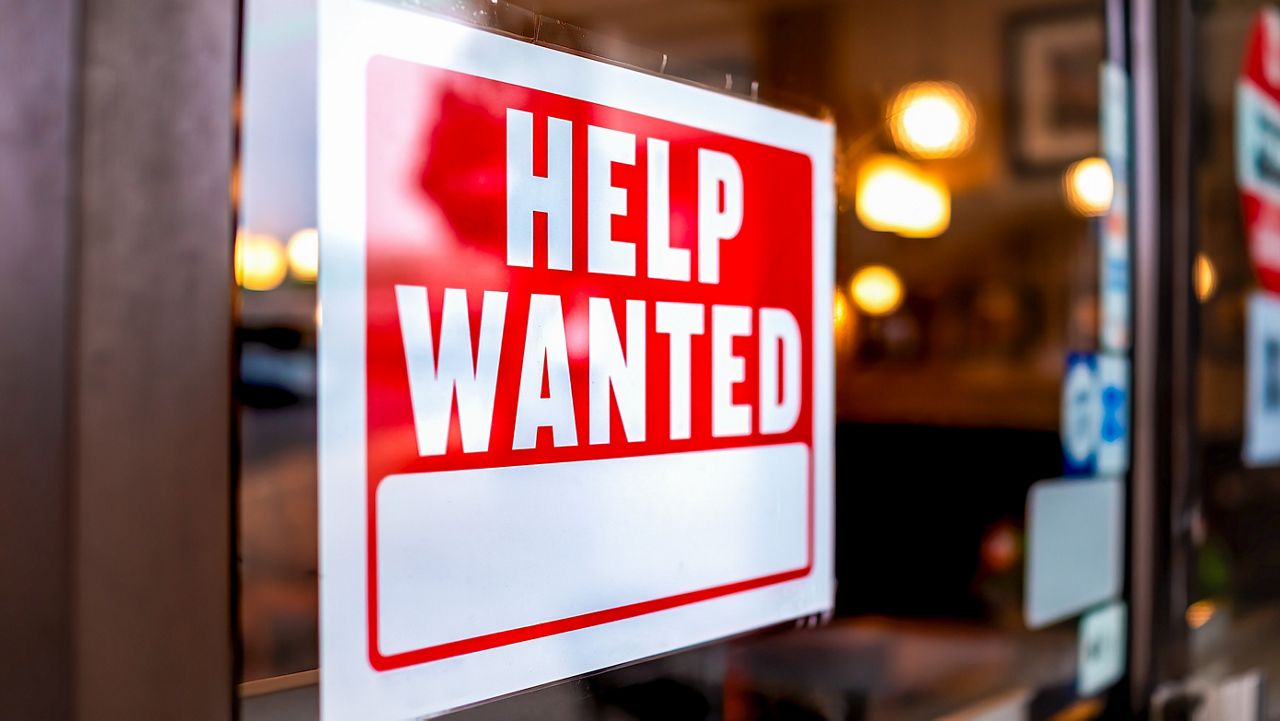Come on. I know you enough to know that you know it's not "theater."
"Cats" is theater. And it's awful.

Re: temperature checks and sanitizing: that's not theater. That was erring on the side of caution when not enough information was known.
You can't expect a brand new virus to appear and then *bam!* slap it under a microscope and know everything there is to know about it.
What we "knew" was just based on reports unfolding before our eyes. I watched very closely. You'd hear idiotic things like "kids don't get it" as if the germs could tell the difference between a child and an adult, when really the children were just protected more by being isolated because schools were closed. What we "knew" was largely anecdotal and constantly evolving. Conclusions were drawn where perhaps they shouldn't have been.
With that said, if they thought (as they said early on) that it might be able to live on surfaces for days, then using sanitizer isn't and wasn't theater. It was erring on the side of caution. It was taking reasonable steps based on preliminary information.
Temperature checks never made sense to me, and I never instituted them in my place of business. But if a place like WDW, with a lot more foot traffic, wanted to reduce their exposure by ejecting people with a temperature, I get it. And that's not theater, either. It's being extra careful in a situation that warrants such care. If a local ordinance insisted I do temperature checks, I would have complied. No harm other than the cost of the thermometer.
I have always had sanitizer at my counters long before COVID. What changed is we put an extra one by the front door and asked every customer to use it before they shopped. Was that perfect? No. If they brought something in on their hands, it could help. If they were actively shedding virus, it wouldn't help for long. We also offered optional gloves. IMO, those were the better answer, but were not used as often.
As we learned it was less about surfaces and more about air, I didn't get angry because they were understandably incorrect in some assumptions, and I know it's not "flip-flopping." I still have the sanitizer out by the front door, but we don't actively ask everyone to use it if they walk past it. I've bought my last box of overpriced gloves. I still spray high-touch surfaces often, like doorknobs and credit card machines. I leave at least one door open at all times for air flow.
Is that perfect? Still, no. What if a new variant pops up that IS able to live longer on surfaces? We won't know about it for weeks after people start catching it.
Social distancing and masks are still mandatory; neither are theater. This is a balanced and sensible approach - erring on the side of caution.
Re: strict protocols for discarding masks: down here, I believe it was part of the ordinance that you couldn't just throw them anywhere. But there's an easy answer to your question: masks are not hosts, they are (porous) surfaces. In the worst cases, they used to think it could live on less porous surfaces for a few days, so a pile of masks in a garbage dump is no risk to anyone, the virus dies on them. Further, it's likely most masks were precautionary and had no actual germs on them.
See ya in the you-know-where. (First rule about fight club...)



